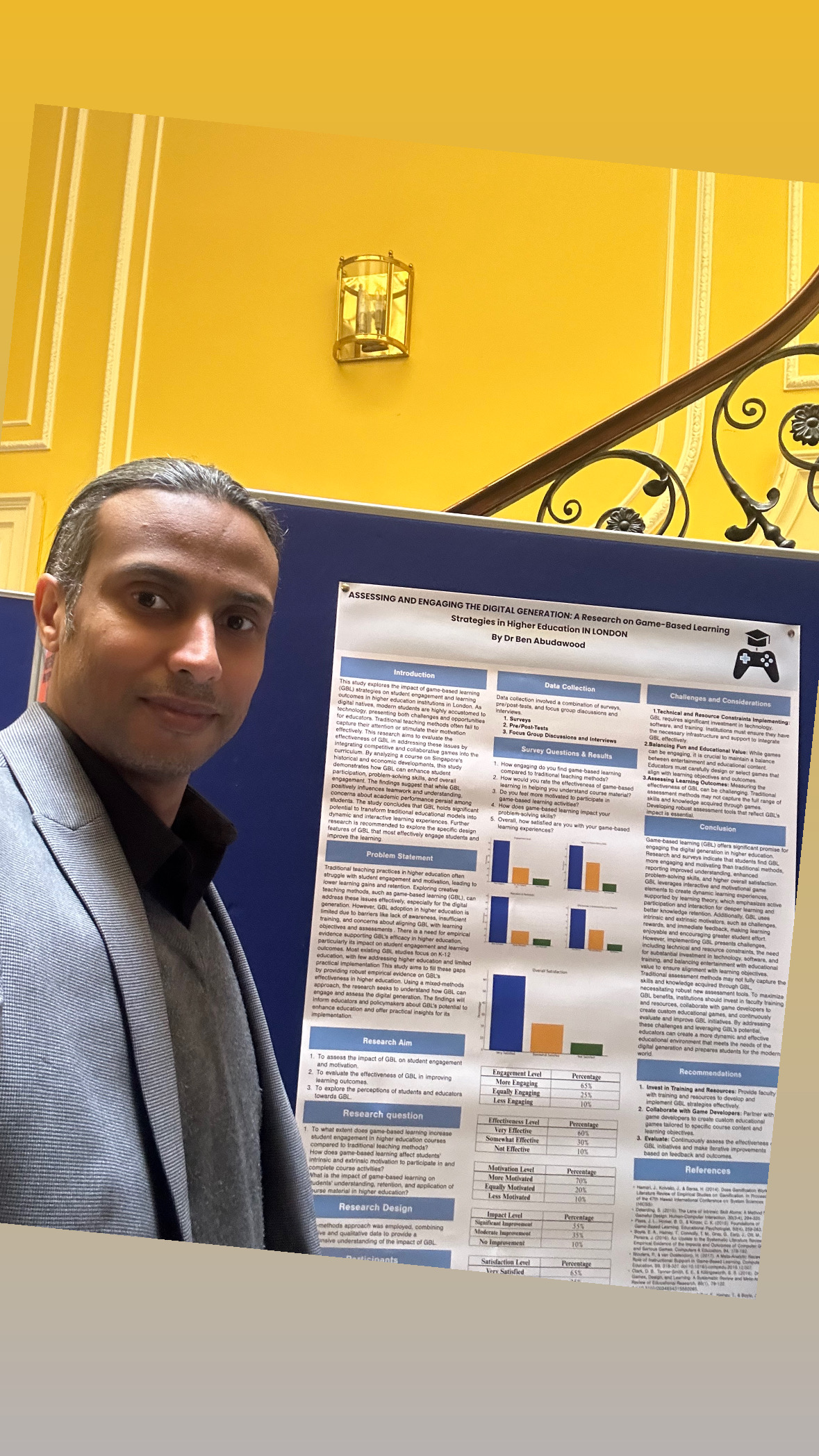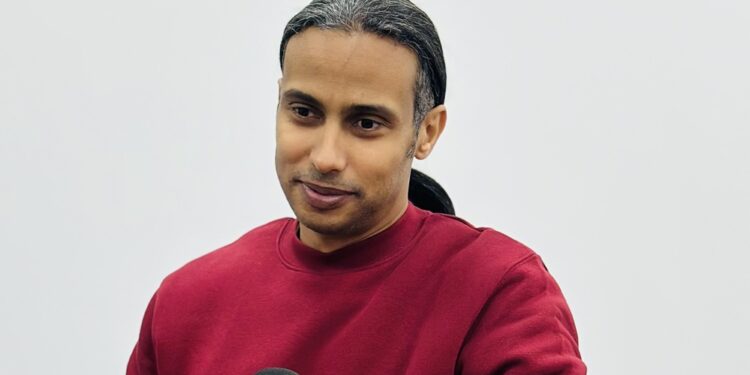As education continues to evolve in a fast-paced digital era, a pressing question remains: how can educators effectively reach and engage students who have grown up surrounded by technology? Traditional teaching approaches such as lectures and textbook instruction still form the backbone of education, but they often fall short in sparking genuine interest or sustaining focus. This is where Game-Based Learning (GBL) is emerging as a powerful alternative, bolstered by compelling research from academics like Dr. Ben Abudawood. GBL incorporates game-like elements such as challenges, collaboration, rewards, and point systems into learning environments.

By making the educational experience more dynamic and interactive, GBL aims to tap into students’ digital instincts and natural curiosity, transforming learning into something both effective and enjoyable. In a recent study conducted at a prominent London university, Dr. Abudawood explored the practical impact of GBL in higher education. His research involved 200 undergraduate students across different academic disciplines, divided into two groups: one experiencing traditional teaching and the other engaging with game-based instruction.
The course content centered on Singapore’s economic and historical progress, providing a rich context to compare student engagement and academic outcomes. The study produced striking results. Students in the GBL group reported noticeably higher engagement levels and a stronger sense of motivation. Many felt more enthusiastic about participating in class, collaborating with peers, and tackling complex topics. Beyond
motivation, the GBL experience significantly boosted their creativity, problem-solving abilities, and critical thinking skills essential traits for academic and career success. Unlike traditional models that often treat students as passive recipients of knowledge, GBL fosters active learning.
Through simulations, games, and interactive tasks, students became co-creators of their educational journey. One standout finding was improved knowledge retention—students not only found the learning experience more enjoyable but were also better able to understand and apply what they had learned.
Despite these benefits, Dr. Abudawood also outlined the challenges institutions face when implementing GBL. A major concern is resource availability effective GBL requires not only access to technology but also skilled faculty, ongoing training, and often external collaboration with game developers. Additionally, the balance between fun and educational depth must be carefully managed. It’s vital that game elements reinforce rather than distract from academic objectives.
Assessment also presents a hurdle. Conventional grading methods aren’t always suitable for evaluating the full range of competencies developed through GBL, such as teamwork, adaptability, and creative thinking. As a result, more flexible and meaningful assessment strategies are needed to reflect the true learning outcomes of this approach.To address these issues and maximize the potential of GBL, Dr. Abudawood provides clear recommendations.
He advocates for investing in professional development and equipping educators with the tools they need to successfully implement game-based strategies. He also encourages collaboration with expert game designers to build custom educational games tailored to course objectives. Finally, he emphasizes the importance of ongoing evaluation listening to student feedback and analyzing outcomes to ensure continuous improvement. This research comes at a pivotal time, as educational institutions worldwide grapple with the shift toward digital and post-pandemic learning environments. Dr. Abudawood’s findings go beyond trend-spotting they offer actionable, evidence-backed strategies that can reshape passive education into dynamic, student-driven engagement.
The broader implications are significant. For university leaders, it’s a call to embrace educational innovation. For instructors, it’s motivation to try new, interactive teaching methods. And for students, it represents a learning model that mirrors how they think, engage, and grow in a digitally connected world.
Dr. Ben Abudawood also shared these insights in his research paper titled “Assessing and Engaging the Digital Generation: A Research Poster on Game-Based Learning Strategies in Higher Education” at the Bath Spa University Learning and Teaching Symposium on July 11, 2024, where the study received strong recognition for its originality and practical relevance in shaping the future of higher education.
#BenBanderABudawood. #BenBander. #BenAbudawood #BanderAbudawood





























